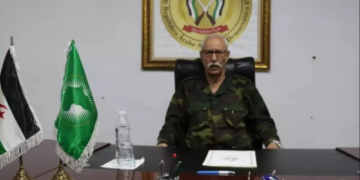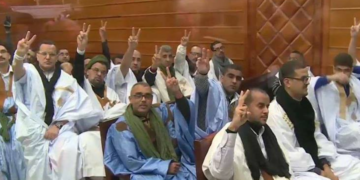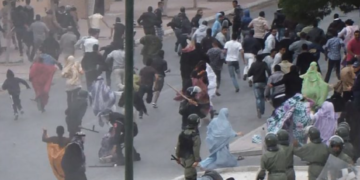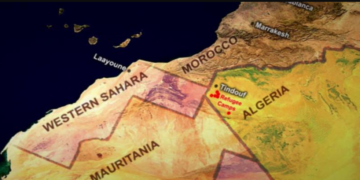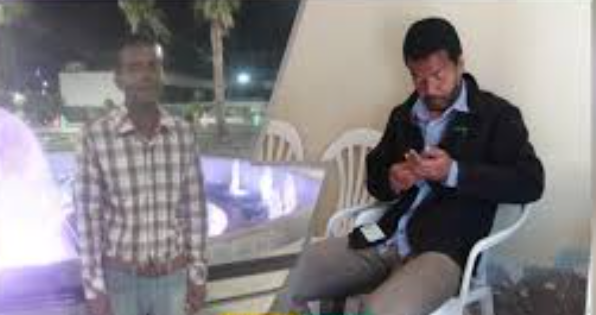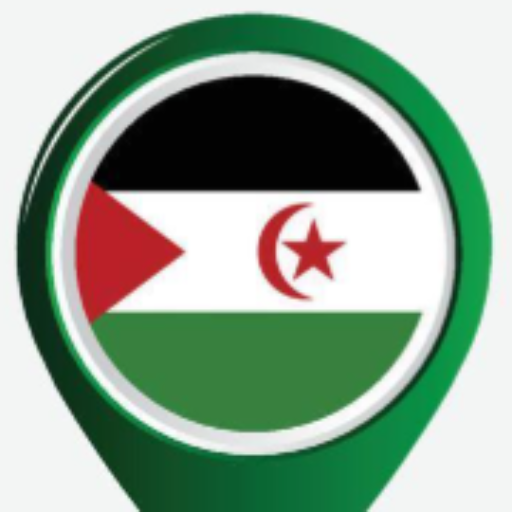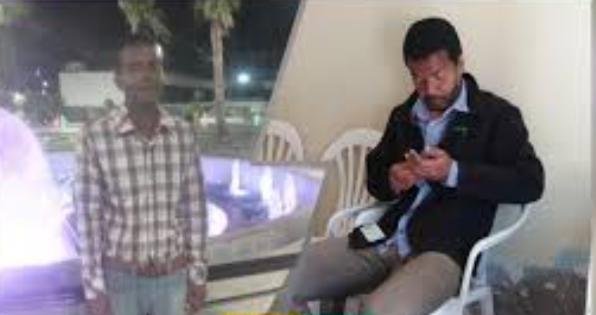
Amid escalating violations targeting Sahrawi youth, the case of Mohamed Ailal stands as a stark example of the Moroccan state’s unjust and inhumane practices. Mohamed, a young man suffering from a psychological disorder, has become the victim of arbitrary detention in Boukra Street, occupied Laayoune. Instead of receiving care and support, he now faces grave accusations of international drug trafficking—charges that are completely detached from his daily reality.
Blatant Contradictions in the Charges
The case raises serious questions about the integrity of the Moroccan justice system. The arrest report alleges that Mohamed owns a car, despite him not even possessing a driver’s license. Furthermore, he has no bank account or any indications of involvement in business or international networks. This glaring contradiction reflects the lack of credible evidence and the reliance on fabricated charges to oppress Sahrawi youth and silence dissent.
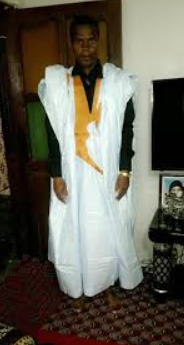
A Broader Context: Systematic Targeting of Sahrawi Youth
Mohamed’s ordeal is not an isolated incident. It is part of a systematic campaign by Moroccan authorities to suppress Sahrawi youth through arbitrary arrests and even extrajudicial killings. Occupied Laayoune has recently witnessed a surge in these oppressive measures, which aim to physically and legally eliminate Sahrawi voices. The judiciary is weaponized to legitimize these actions, with innocent individuals dragged into courtrooms that serve as theaters for injustice.
A Trial of Injustice: December 23, 2024
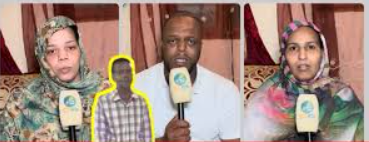
Mohamed Ailal is set to appear before a Moroccan criminal court on December 23, 2024, in a trial that promises to be rife with legal violations and a lack of fairness. Without genuine evidence, it is evident that the main objective is to use Mohamed as a tool to intimidate others and send a clear message to Sahrawi youth: “Resistance will cost you your freedom and your life.”
A Call for International Intervention
The situation in Western Sahara demands urgent international attention. Cases like Mohamed Ailal’s highlight the Moroccan state’s disregard for human rights, using security and judicial systems to silence any voices of dissent or calls for justice.
International human rights organizations must intervene to investigate this case and expose the truth to the world. They must also ensure that Mohamed receives a fair trial and work to put an end to these oppressive policies.
Mohamed Ailal’s case is not merely an individual tragedy; it is part of a recurring pattern that reflects the Moroccan state’s policies toward Western Sahara. Continuing these violations will only deepen the crisis and fuel further resentment and anger. Justice cannot be achieved through fabricated charges and concealed truths, but through holding oppressors accountable and upholding human rights.
BY MOHAMED EL HAMDI LAAYOUNE

